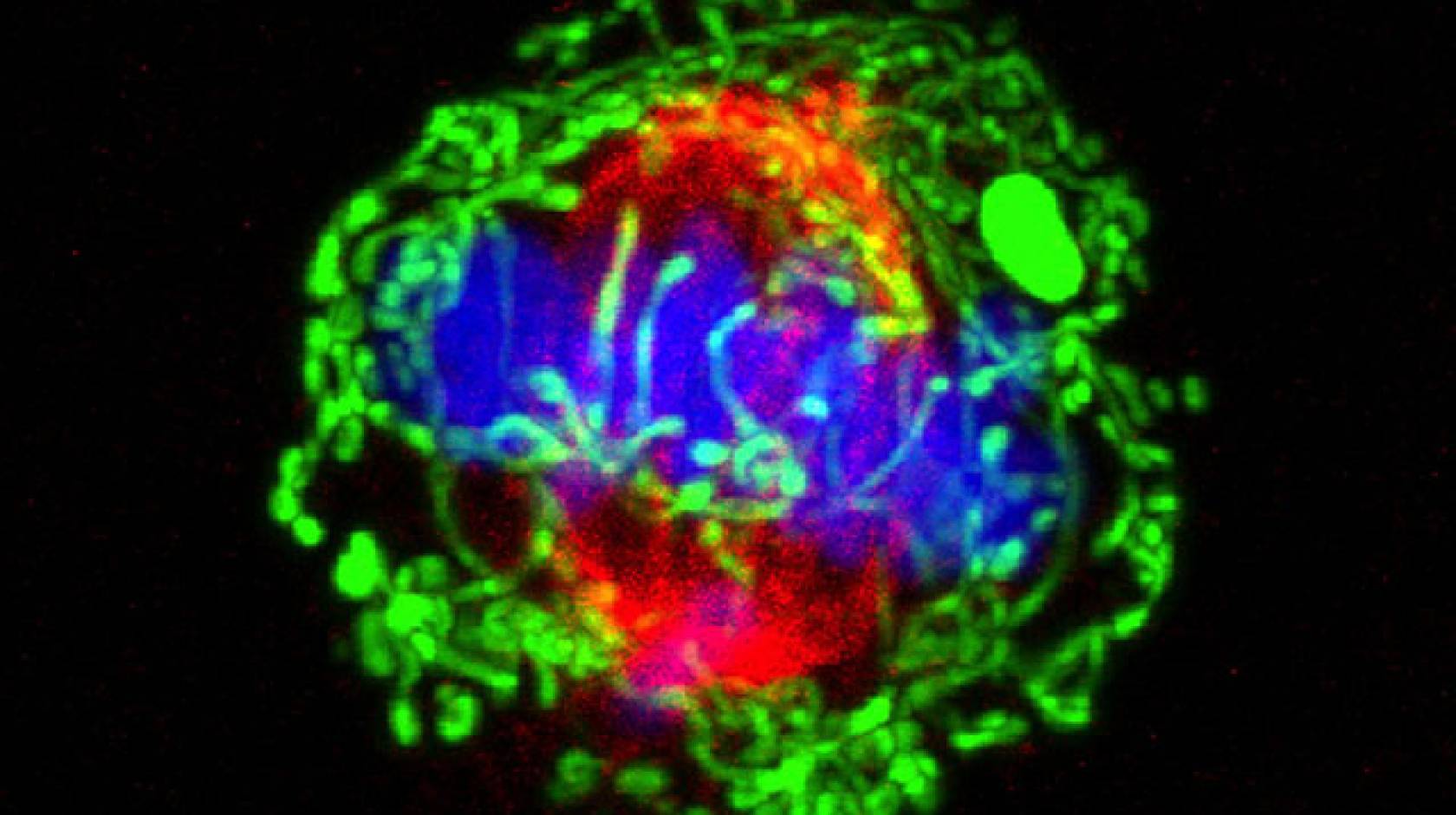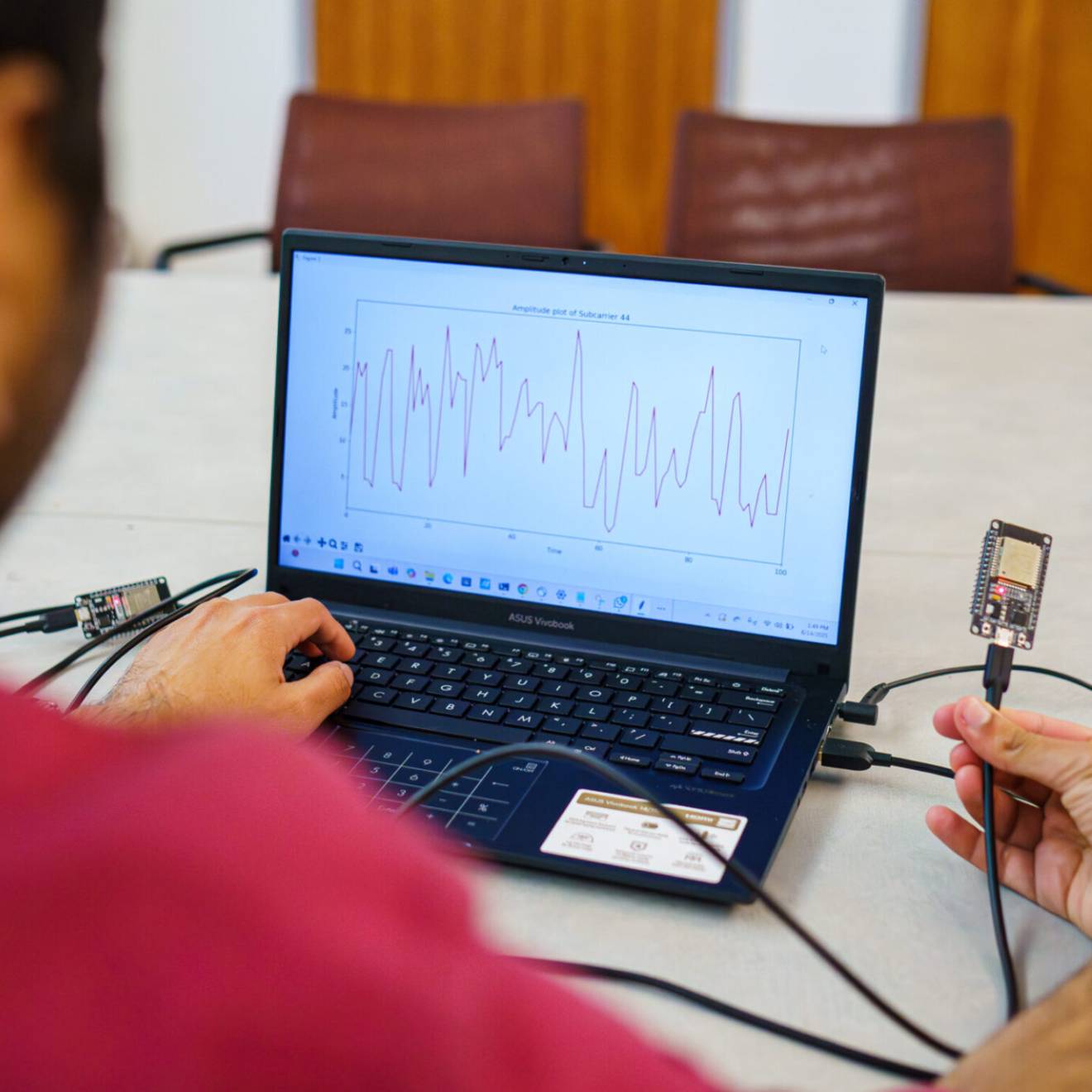Scott LaFee, UC San Diego

The COVID-19 pandemic upended many aspects of daily life, particularly in the first months and year. Not least among the changes: decreased use of ordinary health care, such as routine medical exams and screenings.
New findings, published in JAMA Network Open on February 15, 2022, bear that out. Researchers at Moores Cancer Center at UC San Diego Health surveyed and compared early- and late-stage breast and colorectal cancer diagnoses in patients in pre-pandemic 2019 and 2020, the first full year of the ongoing COVID-19 pandemic.
While total numbers of diagnoses were roughly similar in 2019 and 2020, there were significant differences in the percentages of stage I diagnoses for breast cancer compared to stage IV diagnoses.
In 2019, for example, 63.9 percent of diagnosed patients presented with stage I disease compared to 51.3 percent in 2020. Conversely, 1.9 percent of patients were diagnosed with stage IV breast cancer in 2019 compared to 6.2 percent in 2020.
(Most cancers are given a stage designation at time of diagnosis, from stage I when the malignancy is limited to its originating location to stage IV, when the cancer has spread to other organs or parts of the body. Each stage indicates progressive difficulty of treatment and cure, from good to worse.)
Among colorectal cancer patients studied, similar trends were seen, though the magnitude was somewhat less than with patients with breast cancer.
“For breast cancer, at least, these data demonstrate a continuing trend,” said first author Jade Zifei Zhou, M.D., Ph.D., a clinical fellow in hematology and oncology at UC San Diego School of Medicine. “They suggest that concerns and consequences caused by the pandemic have prompted at least some patients to delay routine health care, such as screenings or doctor visits, that might have revealed early stage diagnoses.”
The researchers noted several limitations of the study. First, it reflects data from a single center, and does not assess disease causality. Second, the number of patients with colorectal cancer were relatively small. Third, the study included individuals seeking second opinions, who may or may not have undergone any previous treatment.
“Cancer screening is crucial to the early detection of cancer, particularly in colorectal and breast cancers where many early stage cancers can be treated and cured,” said senior author Kathryn Ann Gold, M.D., a medical oncologist at Moores Cancer Center and professor of medicine at UC San Diego School of Medicine.
“There is increasing concern that one effect of the pandemic is the growing number of patients who are being diagnosed for the first time with late, incurable stages. Patients who have delayed preventative care during the pandemic should be encouraged to discuss age appropriate cancer screening with their primary care providers as soon as possible.”
Co-authors include: Shelly Kane, Celia Ramsey, Melody Akhondzadeh, Ananya Banerjee and Rebecca Shatsky, all at UC San Diego.
Disclosure: Kathryn Ann Gold receives personal fees from AstraZeneca, Takeda, Rakuten and Regeneron, and grants from Pfizer and Pharmacyclics outside of the published work.

